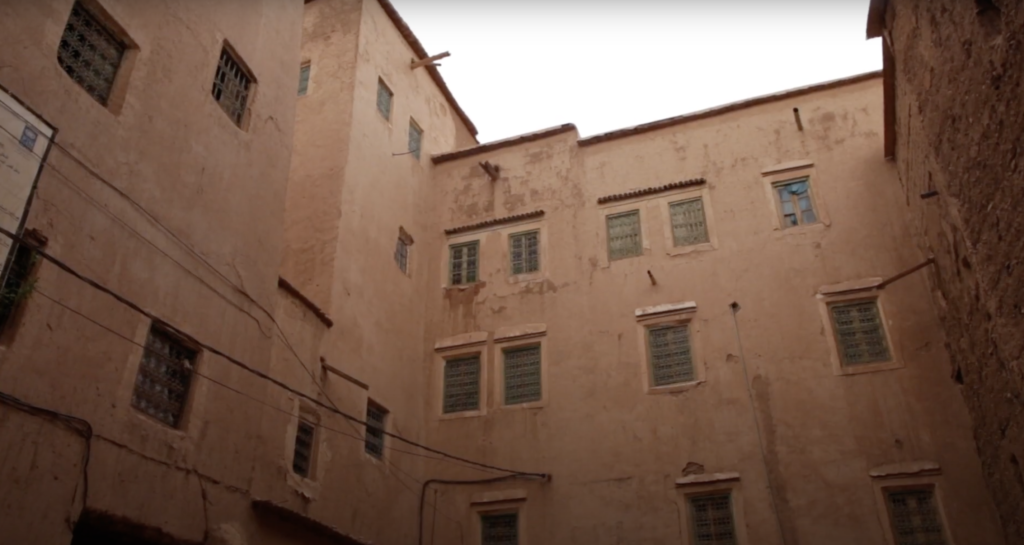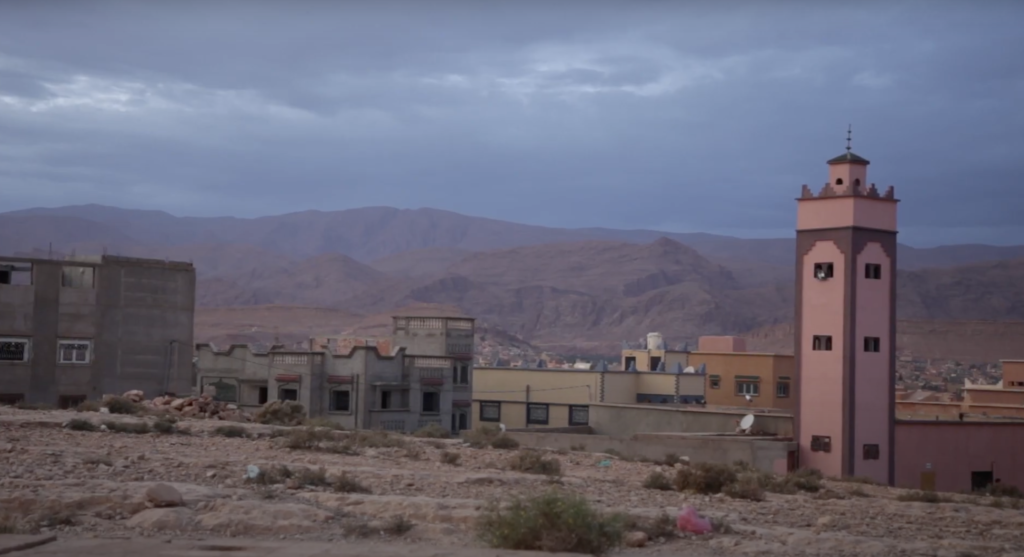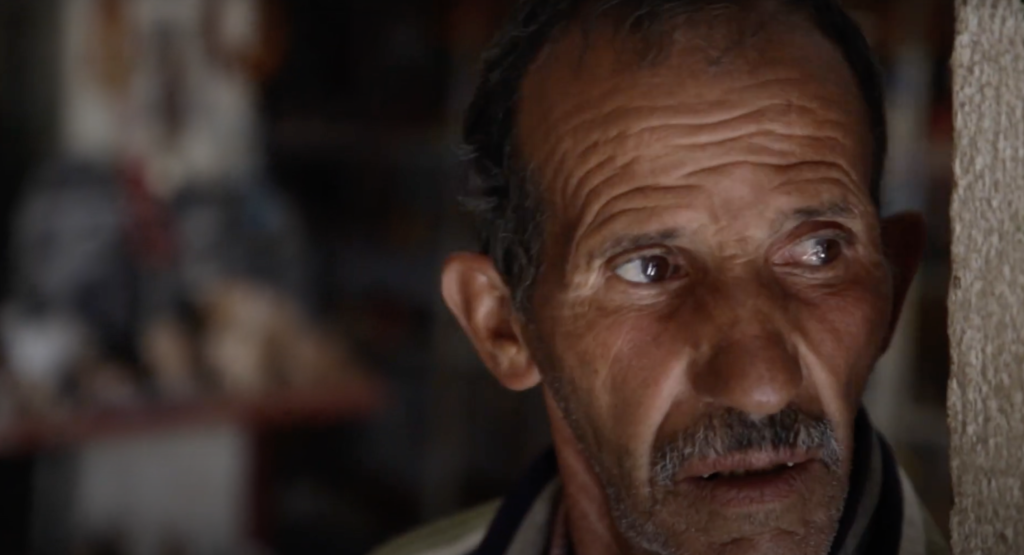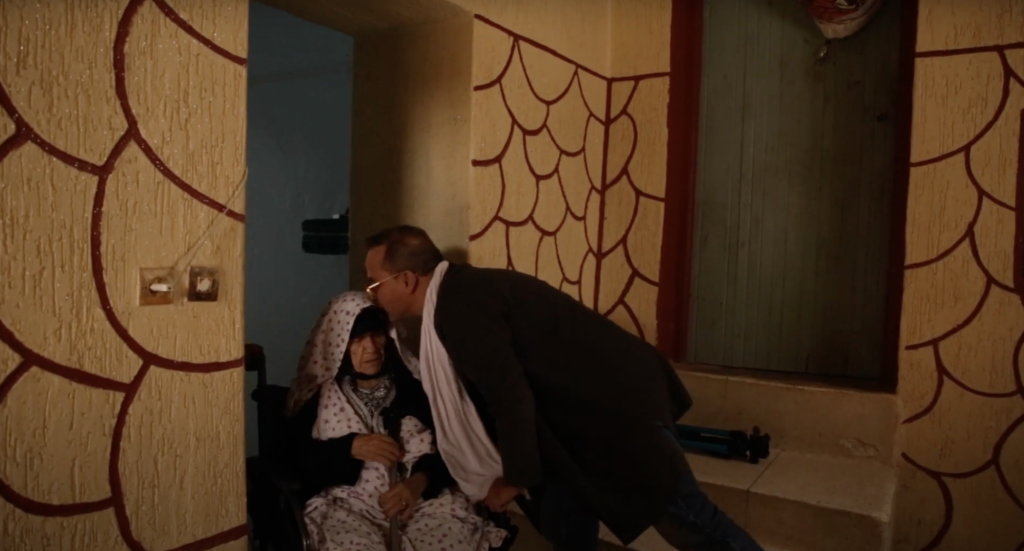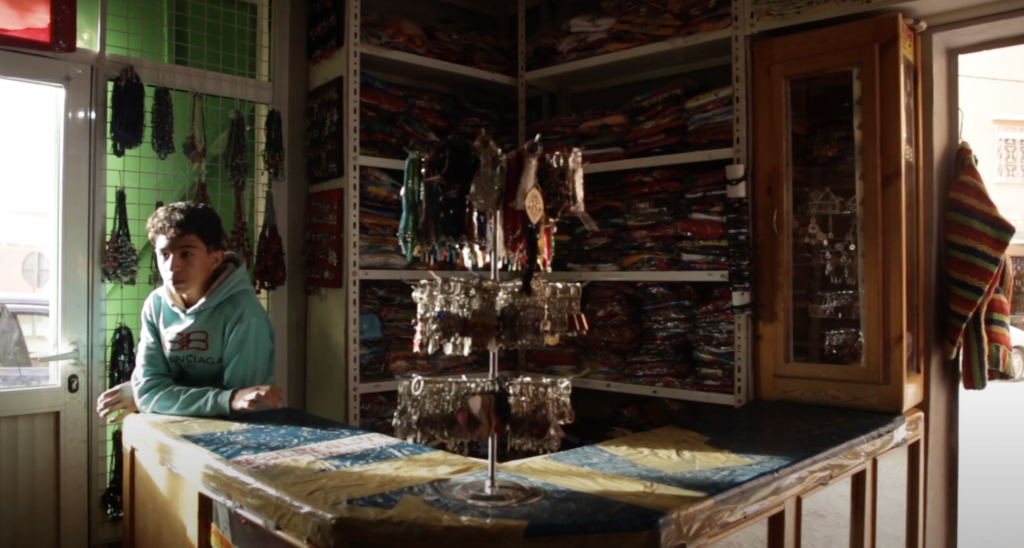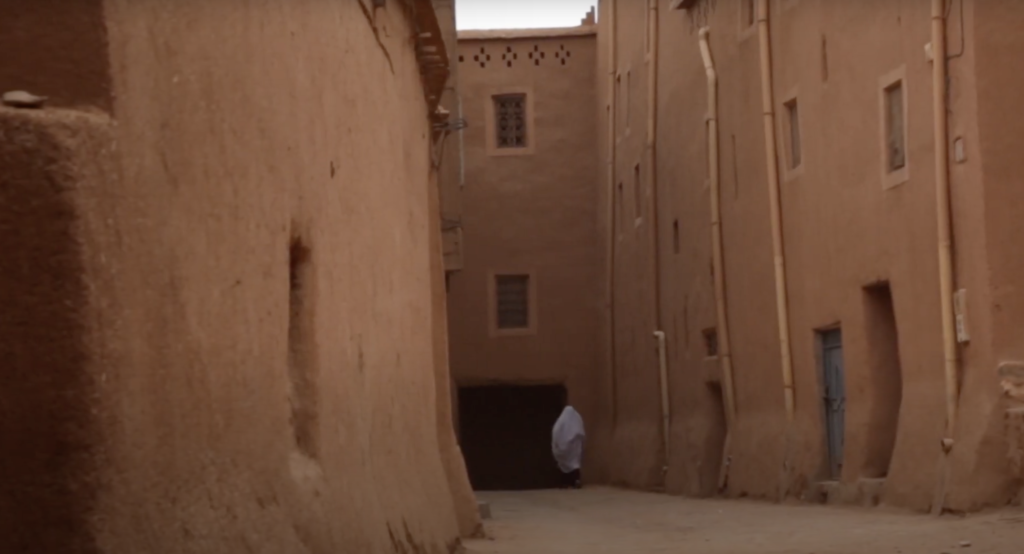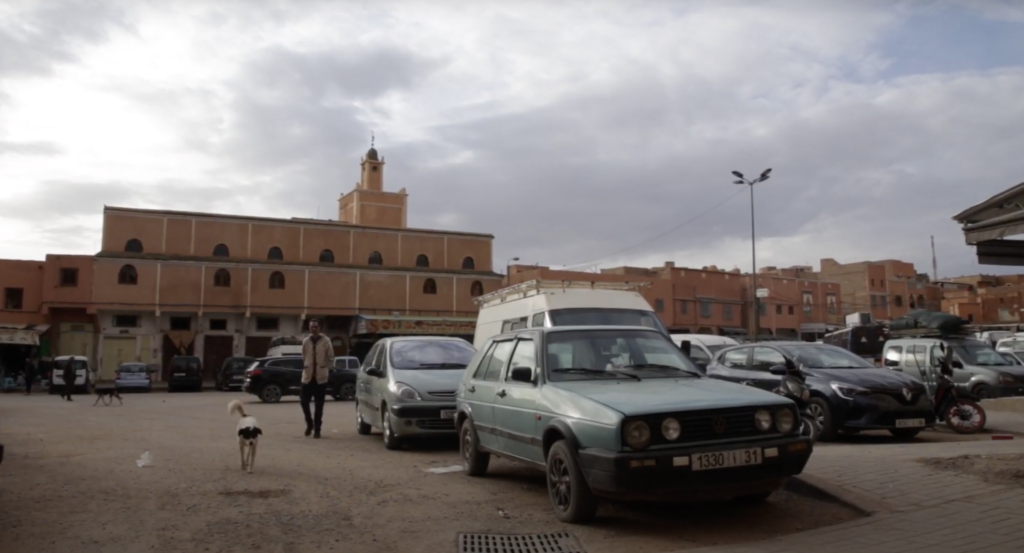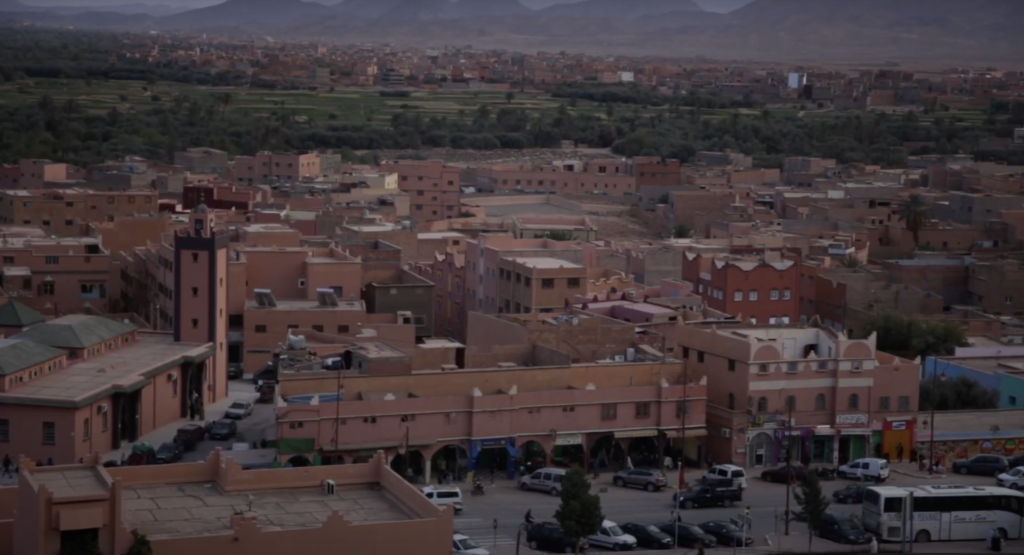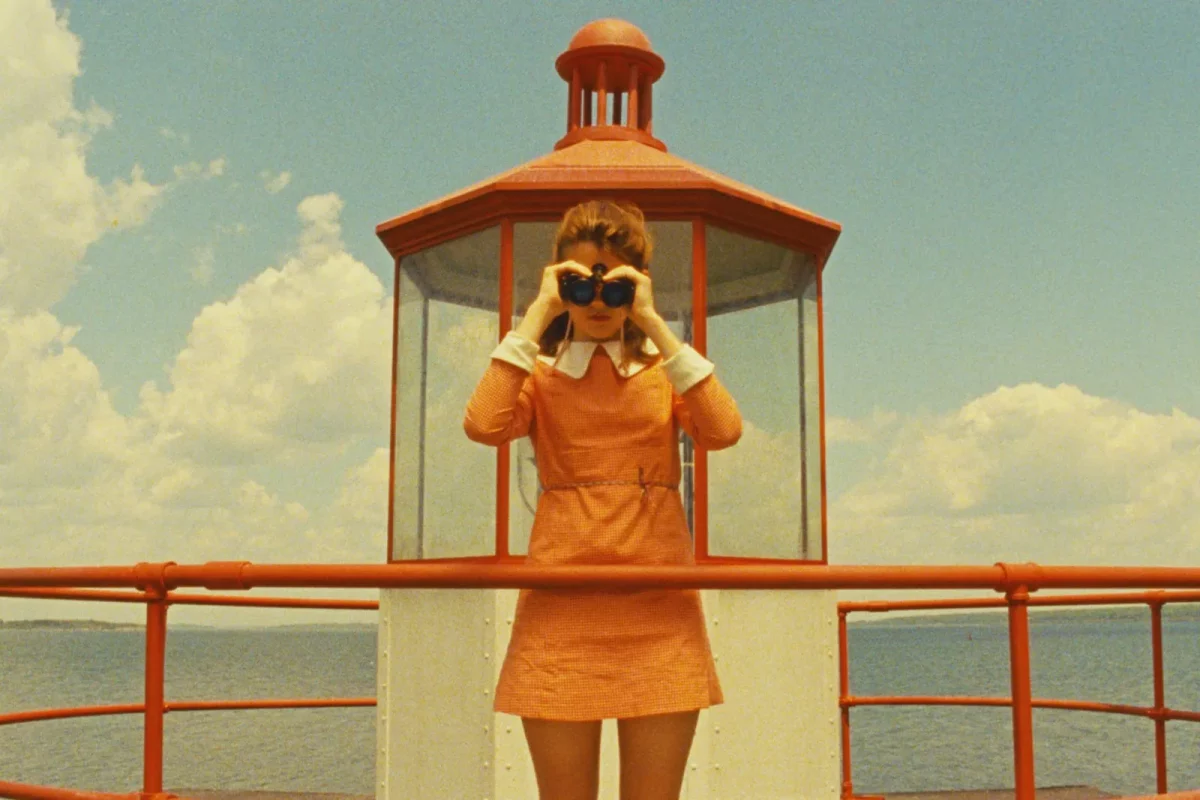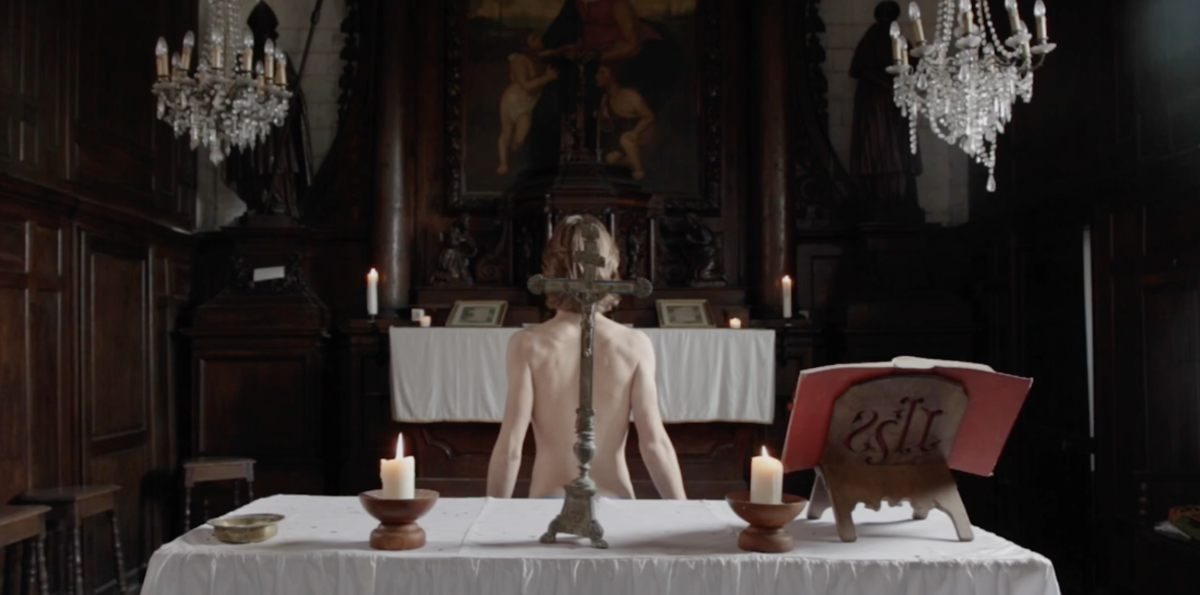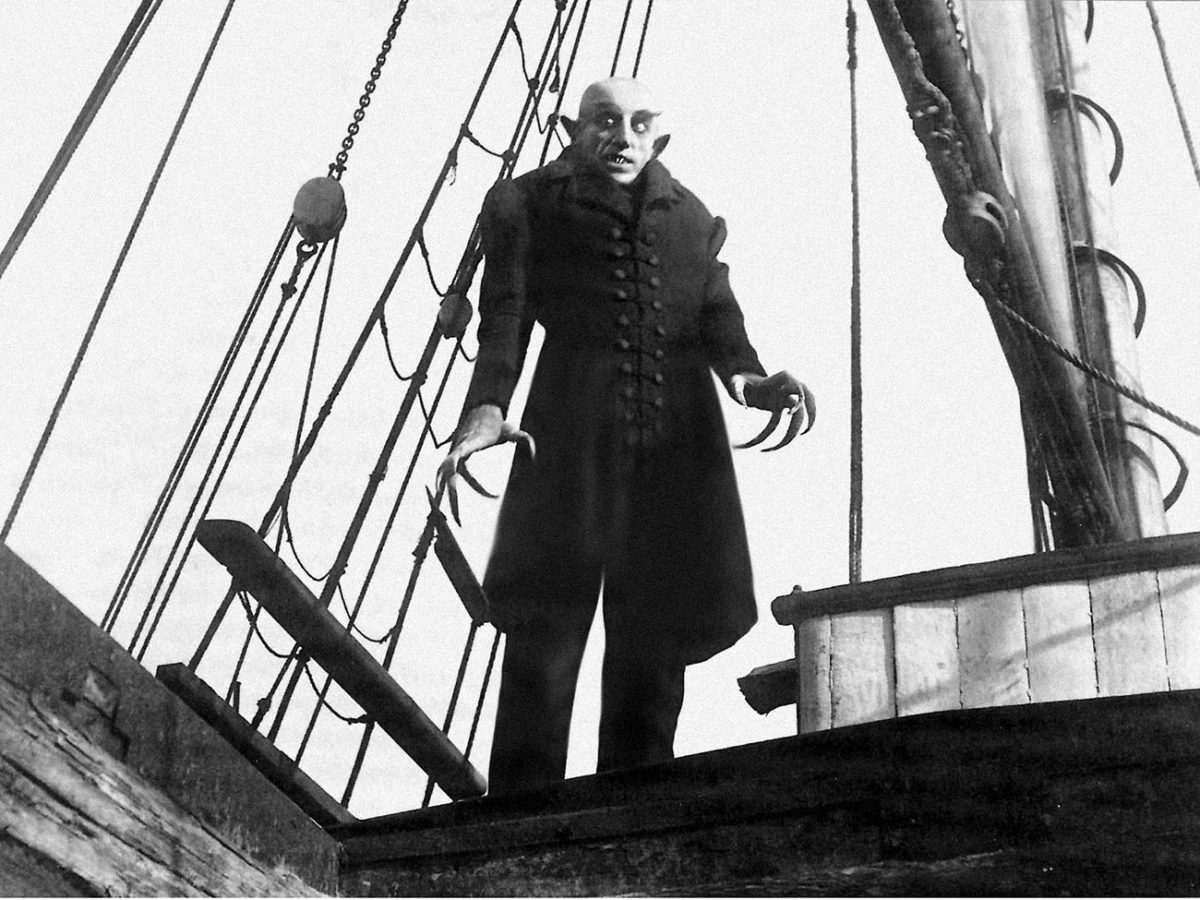Maryam Touzani’s Blue Caftan (2022) is my favorite film, and has greatly inspired my own work when shooting Tafilalet. What struck me most was how the film portrays the country’s culture authentically, avoiding the typical Orientalist clichés that reduce Morocco to a simplistic, folkloric image.
The Blue Caftan follows the story of Halim, a man who, while in love with his assistant Youssef, is married to Mina, a woman suffering from cancer. The film explores their complex relationships, with Halim caring for Mina in a way that transcends romantic love, all while navigating the challenges of a society that condemns his true feelings for Youssef.
The movie is both a poetic tribute to Morocco and a critique of its unequal, elitist, and homophobic society. The film’s slow rhythm and simple, symbolic scenes, along with its beautiful aesthetic and use of color, create a contemplative atmosphere. The blue caftan, crafted slowly by Halim, becomes the film’s central motif, symbolizing the power of slowness in a fast-paced world. The film’s use of diegetic sound and authentic environmental sounds, including street music, enhances its grounded portrayal of Morocco, which inspired my approach to recording local music for Tafilalet.
Ultimately, The Blue Caftan is a poignant film about love, death, and the complexities of Moroccan society, blending personal and political themes with emotional power.
The Blue Caftan Maryam Touzani (2022)
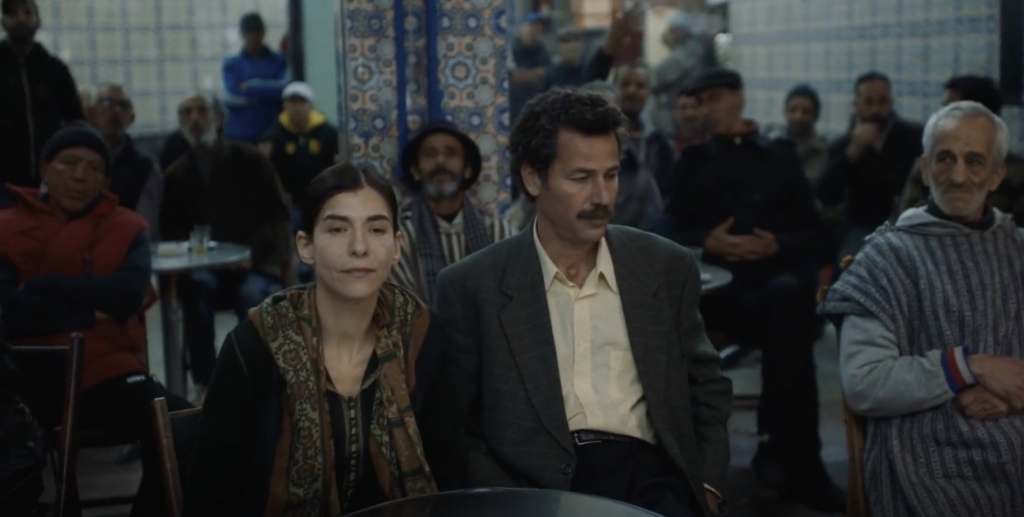
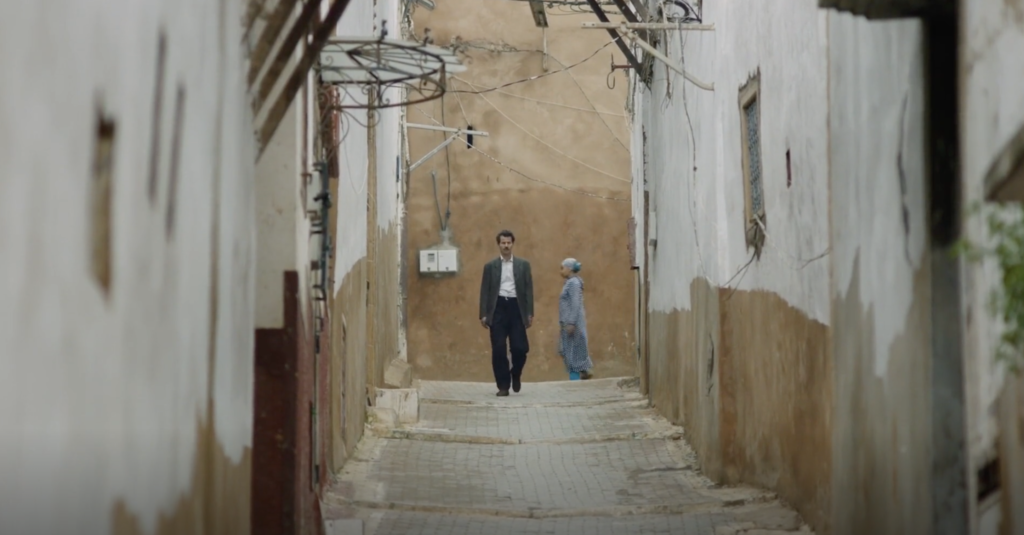
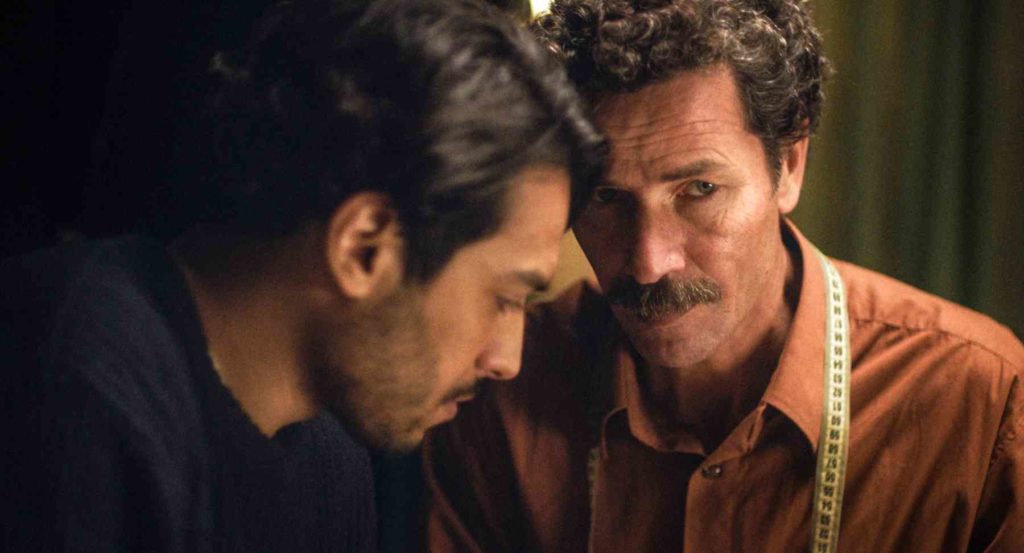
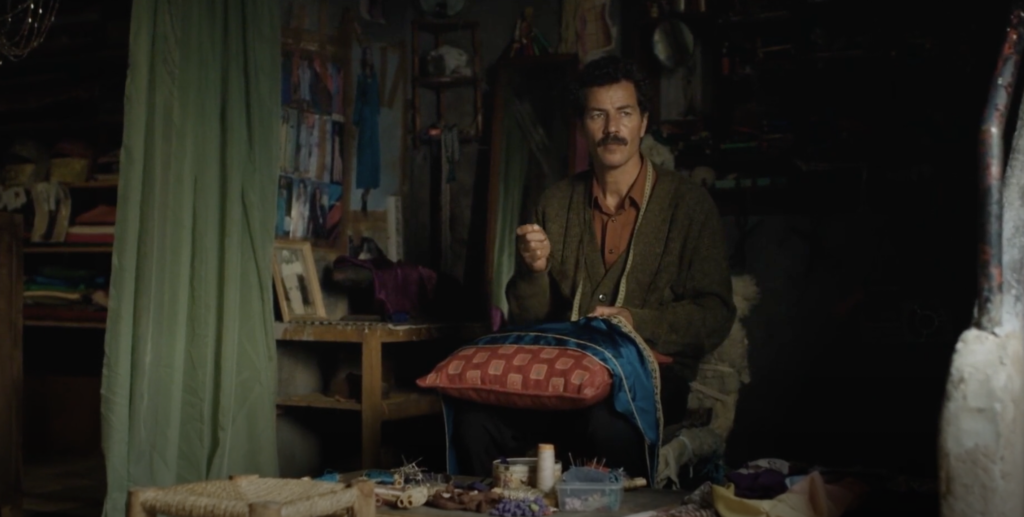
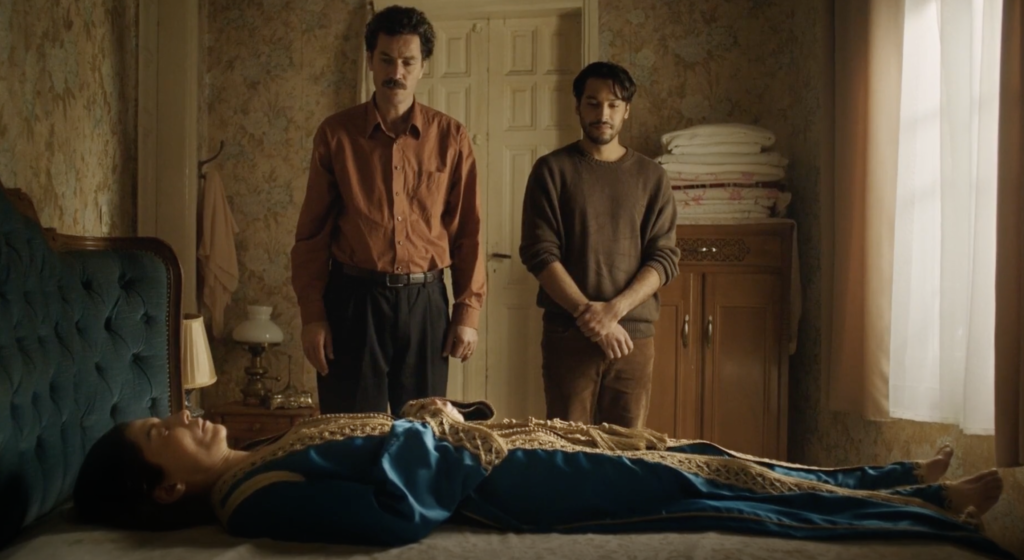
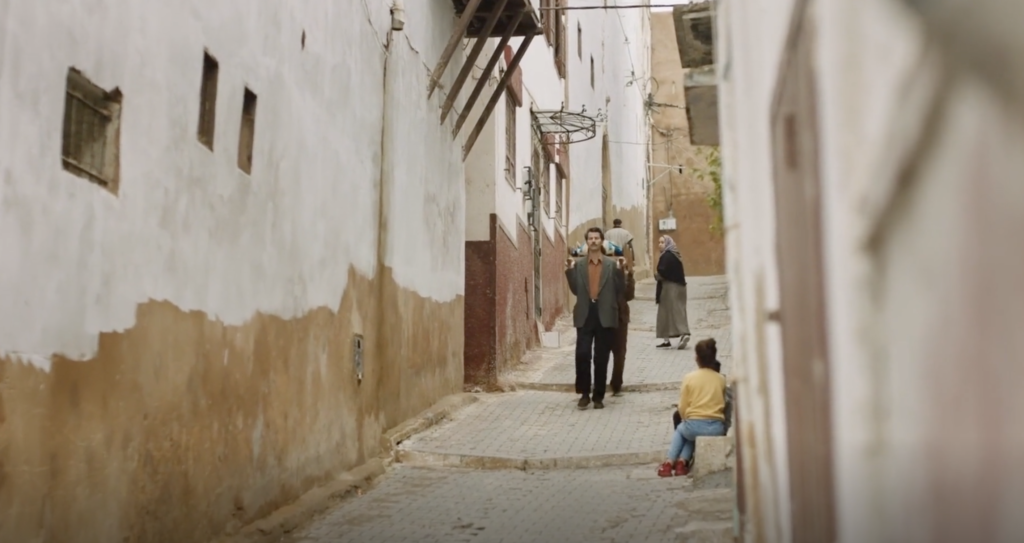
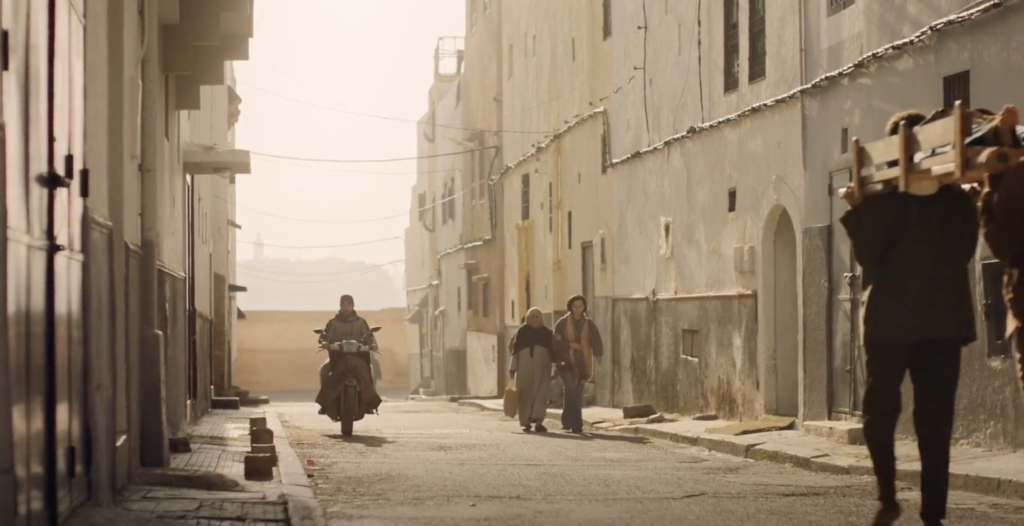
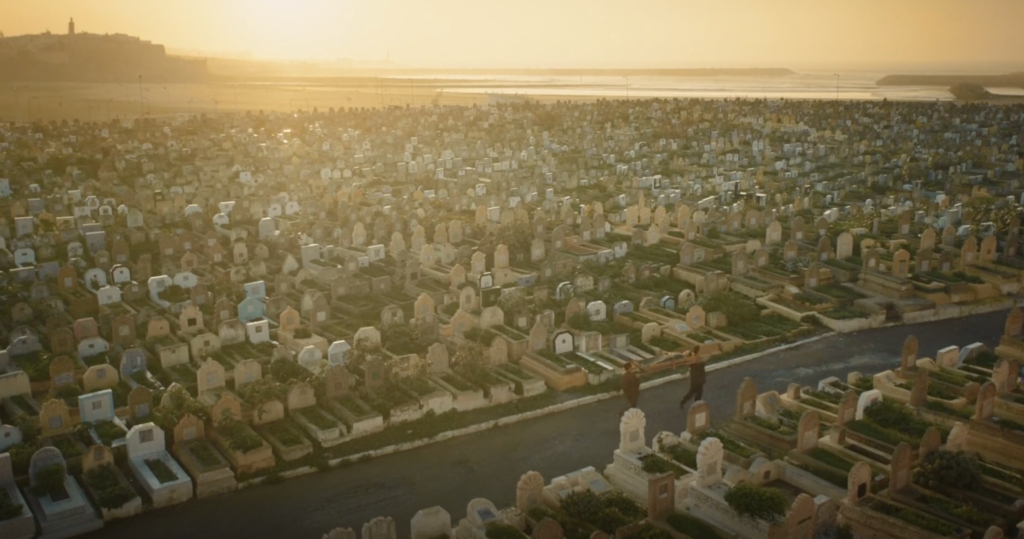
Tafilalet (2023)
